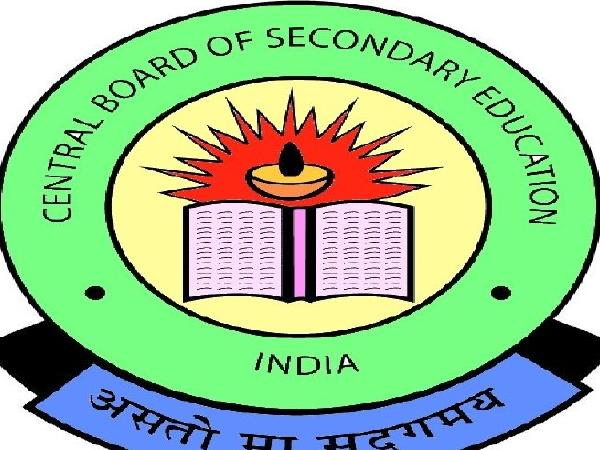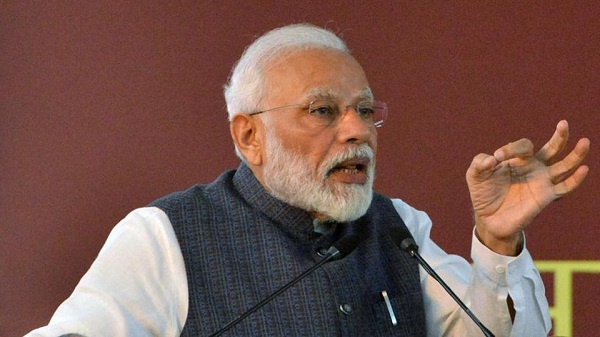Till a few months ago, making a film meant 'acting on screen' for these 15 years old. Today, the feisty bunch of girls at the Vedic Kanya School in Gurgaon's Jacobpura village can explain many of the finer nuances of scripting a storyboard, shooting with a digital camera and editing the footage on a computerised machine. 'At first, we could neither get a fix on the story, nor could we handle a camera. Even after learning, we ended up with three hours of footage for a 15 minute film,' said Jyoti Saini, 15, one of the nine girls behind the innovative 15 minute film Homework. The film, which took about three months to complete, follows a day in the life of their junior schoolmate Meena, 11, a maid's daughter, (who uses only her first name), and her struggle to finish her homework while balancing her household responsibilities. It's a big accomplishment -especially in a school where children don't even have chairs to sit on and where many students cannot afford the books and uniform. Here, 'technology' means a room with a couple of computers. The effort needs to be seen in a broader context.
India has one of the lowest computer penetration levels in the world – 36 for every 1,000 people, much lower than the comparative figure of 108 for China, as of 2008 – said Diptarup Chakraborti, Mumbai-based analyst for global IT research and advisory firm Gartner Research. The figure for the US stands at 790 and the global average is 68 per 1,000 persons. That's what makes the leap of faith taken by girls like Saini, a cook's daughter – in scripting, shooting and editing a film, while, at the same time, highlighting Meena's condition – all the more creditable and noteworthy. And, they did all this in the one or two hours they got to spend everyday in the 'technology room,' set up by the American India Foundation (AIF), a nine-year-old NGO chaired by former US president Bill Clinton, as part of its three-year-old Digital Equalizer programme. The project has made a deep impact in this school where all the students are from lower-middle-class families. Vedic Kanya School headmistress Sushila Kapoor said, 'When we introduced com- puters three years ago, some children were scared to even touch them. But now, working with technology has given them lots of confidence. By merely being the subject of a film, Meena feels she has done something important, and wants to do bigger things.'




















